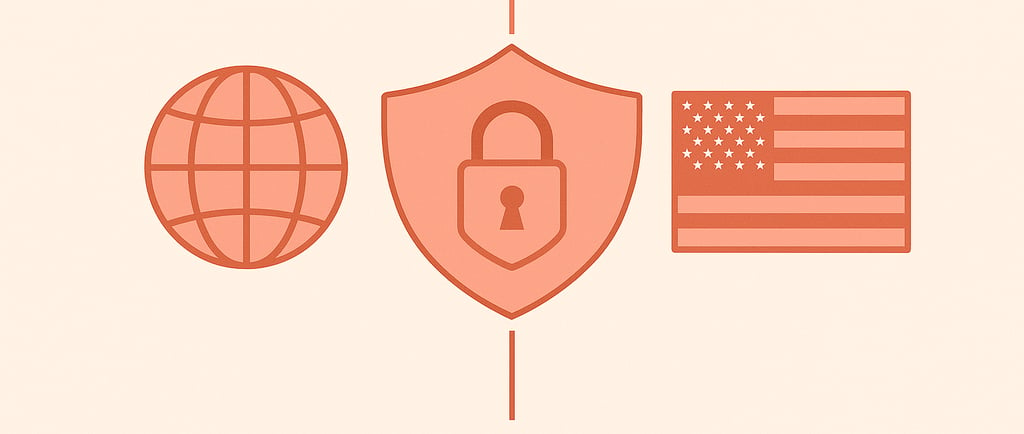ISO 27001 vs SOC 2: Which Compliance Framework Is Best for Your Startup?
As startups grow, showing a robust security stance becomes imperative—not only for internal comfort, but also to win customers, close enterprise deals, and appease investors. But when it comes to compliance, two frameworks tend to stand out: ISO 27001 and SOC 2. Which one should your startup tackle first? Let's dissect.


What is ISO 27001?
ISO 27001 is a global standard for Information Security Management Systems (ISMS).
It gives a structured way of managing confidential information, including people, processes, and technology.
Accepted Everywhere
Encompasses Comprehensive Security Governance
Certified by Accredited Organizations
Applicable to All Sectors
ISO 27001 is all about establishing a mature, comprehensive security program — an excellent fit for businesses looking to serve international markets.
What is SOC 2?
SOC 2 is a US-based system developed by the AICPA (American Institute of Certified Public Accountants) that deals with how companies process customer information using five Trust Services Criteria: Security, Availability, Processing Integrity, Confidentiality, and Privacy.
Extremely Highly Regarded in North America
Specialized in SaaS and Technology Firms
Released through Attestation by a CPA Company
Type I (design) and Type II (design + operation over time) reports available
SOC 2 is best for B2B SaaS startups, particularly those selling to U.S. customers who tend to need SOC 2 Type II reports in vendor evaluations.
Key Differences at a Glance:
Recognition:
ISO 27001: Global
SOC 2: Primarily North America
Certification Body:
ISO 27001: Accredited ISO Certifier
SOC 2: CPA Firm
Focus:
ISO 27001: ISMS (organization-wide)
SOC 2: Customer data handling
Process Type:
ISO 27001: Certification
SOC 2: Attestation (audit report)
Ideal For:
ISO 27001: Global SaaS, fintech, healthcare
SOC 2: U.S.-focused SaaS, tech startups
How to Select What's Best for You
Target Customers:
Selling to Europe or multinational customers? ISO 27001 is more important.
Selling to U.S. businesses? SOC 2 is usually required.
Industry Type:
Fintech, healthcare, or processing sensitive PII? You might need both eventually.
Growth Stage:
Early-stage companies tend to begin with SOC 2 Type I as a quicker initial milestone, then progress toward ISO 27001 as they develop.
Availability of Resources:
ISO 27001 requires more continuous documentation, ISMS maintenance, and governance frameworks. SOC 2 can be less heavy-handed if properly scoped.
Can You Do Both?
Yes—and savvy startups do!
Tip: If done well, the security controls you establish for SOC 2 can be traced back towards ISO 27001 later, which makes dual certification very much easier.
Having a partner like Verusava means your roadmap for compliance develops alongside your company—without redundant work.
Final Thoughts
There's no single, universal answer, but here's a straightforward rule of thumb:
If you have an emphasis in the U.S., begin with SOC 2.
If you're after global scale (or operate in highly regulated markets), put ISO 27001 first.
Whichever stage of your journey, Verusava is here to assist you with making informed choices, implementing seamlessly, and growing securely.
Got questions or need to get audit-ready quickly?
Reach out to Verusava today →
